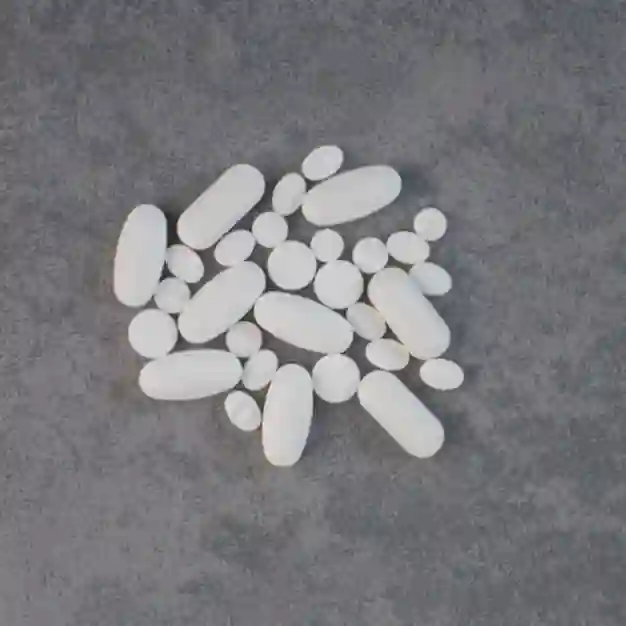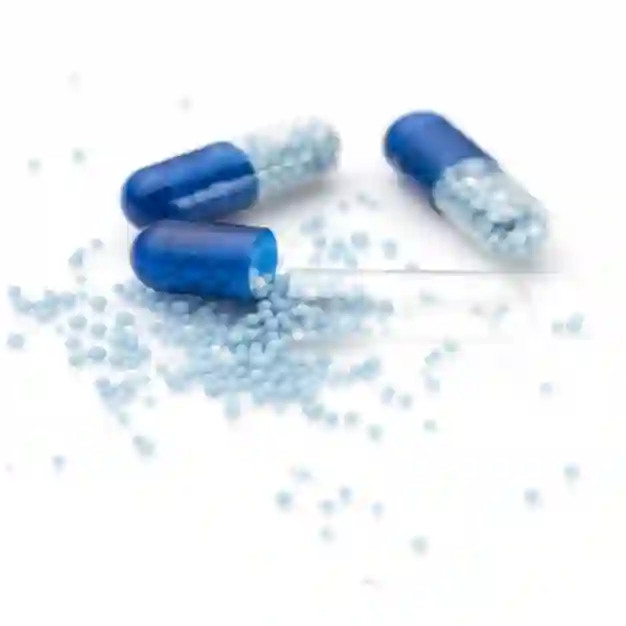Oral dosage forms are pharmaceutical formulations designed for administration by mouth, offering various options to cater to different age groups and patient needs and drug properties. Tablets are solid, compressed forms containing active ingredients and excipients, ideal for precise dosing and stability. Capsules encase the drug in a gelatin or non-gelatin shell, facilitating easier swallowing and masking unpleasant tastes. Powders consist of finely divided active ingredients that can be mixed with liquids or foods for consumption. Granules are aggregates of powders formed into larger, irregular particles, often used to improve flow properties and dosage accuracy. Syrups are liquid preparations where the active drug is dissolved or suspended in a sweetened aqueous solution, providing a palatable option, especially for pediatric and geriatric patients.









- Product Quality and Safety
- Consistency: GMP ensures that every batch of product meets the established quality standards, leading to uniformity in dosage forms.
- Purity: Stringent control measures prevent contamination, ensuring that products are pure and safe for consumption.
- Efficacy: By adhering to GMP, manufacturers ensure that their products are effective and perform as intended.
- Regulatory Compliance
- Adherence to Standards: Compliance with GMP is a legal requirement in many countries, ensuring that products can be marketed and sold legally.
- Audit Preparedness: Following GMP helps companies prepare for regulatory inspections and audits, reducing the risk of penalties and recalls.
- Market Access
- Global Acceptance: GMP certification is often recognized internationally, facilitating easier entry into global markets.
- Consumer Trust: Products manufactured under GMP guidelines are trusted by consumers, leading to increased brand reputation and loyalty.
- Operational Efficiency
- Minimized Risks: By following GMP, manufacturers reduce the risks of production errors, recalls, and legal issues.
- Cost Savings: Preventing errors and contamination reduces waste, rework, and associated costs, leading to more efficient production processes.
- Documentation and Traceability
- Detailed Records: GMP requires thorough documentation of all manufacturing processes, which aids in traceability and accountability.
- Batch Control: Proper documentation helps in tracking each batch, making it easier to identify and rectify issues if they arise.
- Employee Training and Safety
- Competent Workforce: GMP mandates regular training for employees, ensuring they are knowledgeable about production processes and quality standards.
- Workplace Safety: Emphasis on proper procedures and hygiene reduces workplace accidents and health hazards.
- Innovation and Improvement
- Continuous Improvement: GMP fosters a culture of ongoing improvement, encouraging the adoption of new technologies and methodologies to enhance product quality and manufacturing efficiency.
- Research and Development: Compliance with GMP can streamline the process of bringing new products to market, as it establishes a robust framework for quality control from the outset.
- Customer Satisfaction
- Reliable Products: Consistently high-quality products lead to increased customer satisfaction and loyalty.Additionally making the oral formulations palatable with pleasant flavors and masking bitter tastes help in treatment compliance that finally helps in favourable health outcomes.
- Reduced Complaints: Effective quality control minimizes defects and issues, leading to fewer customer complaints and returns.



